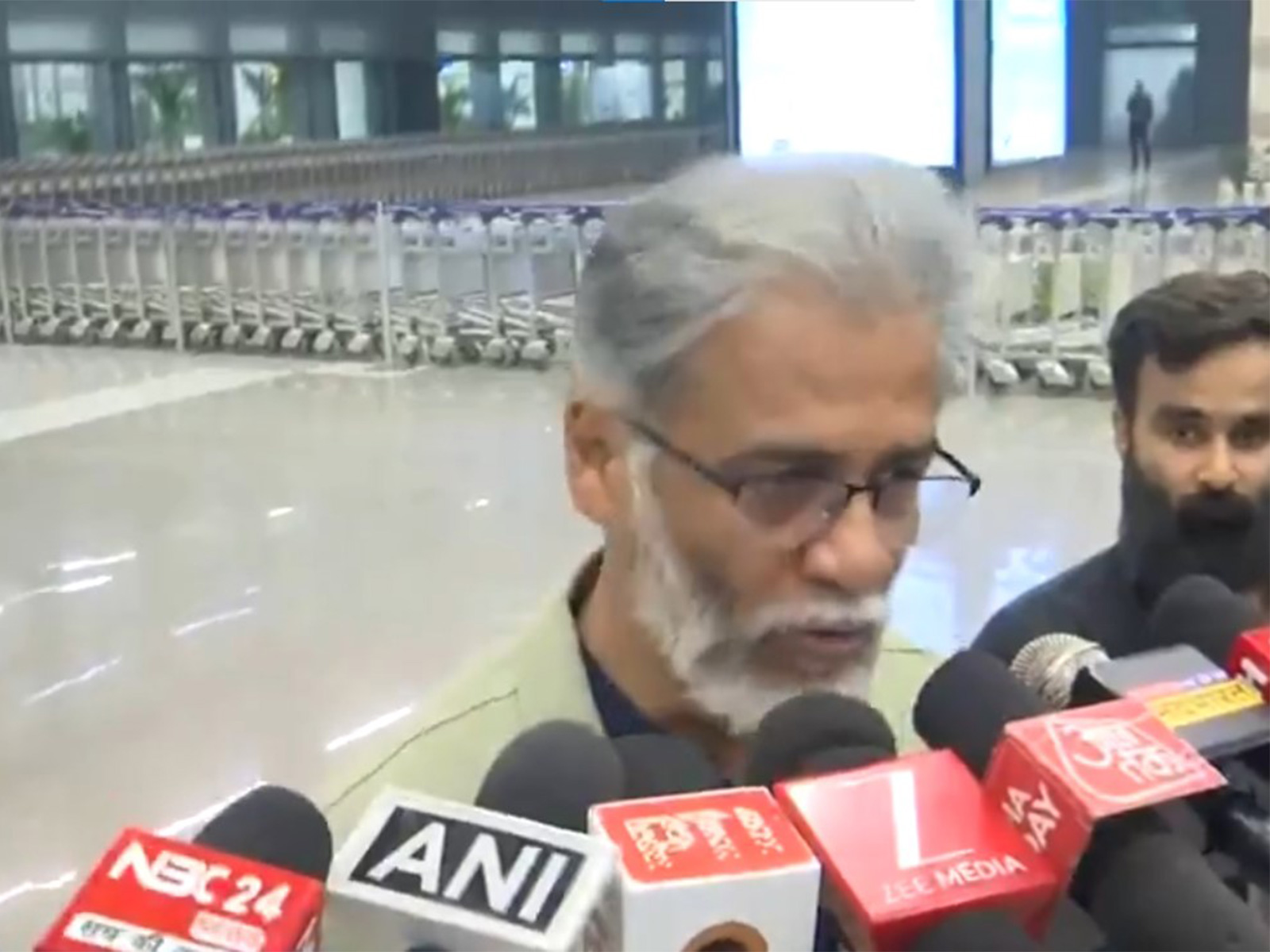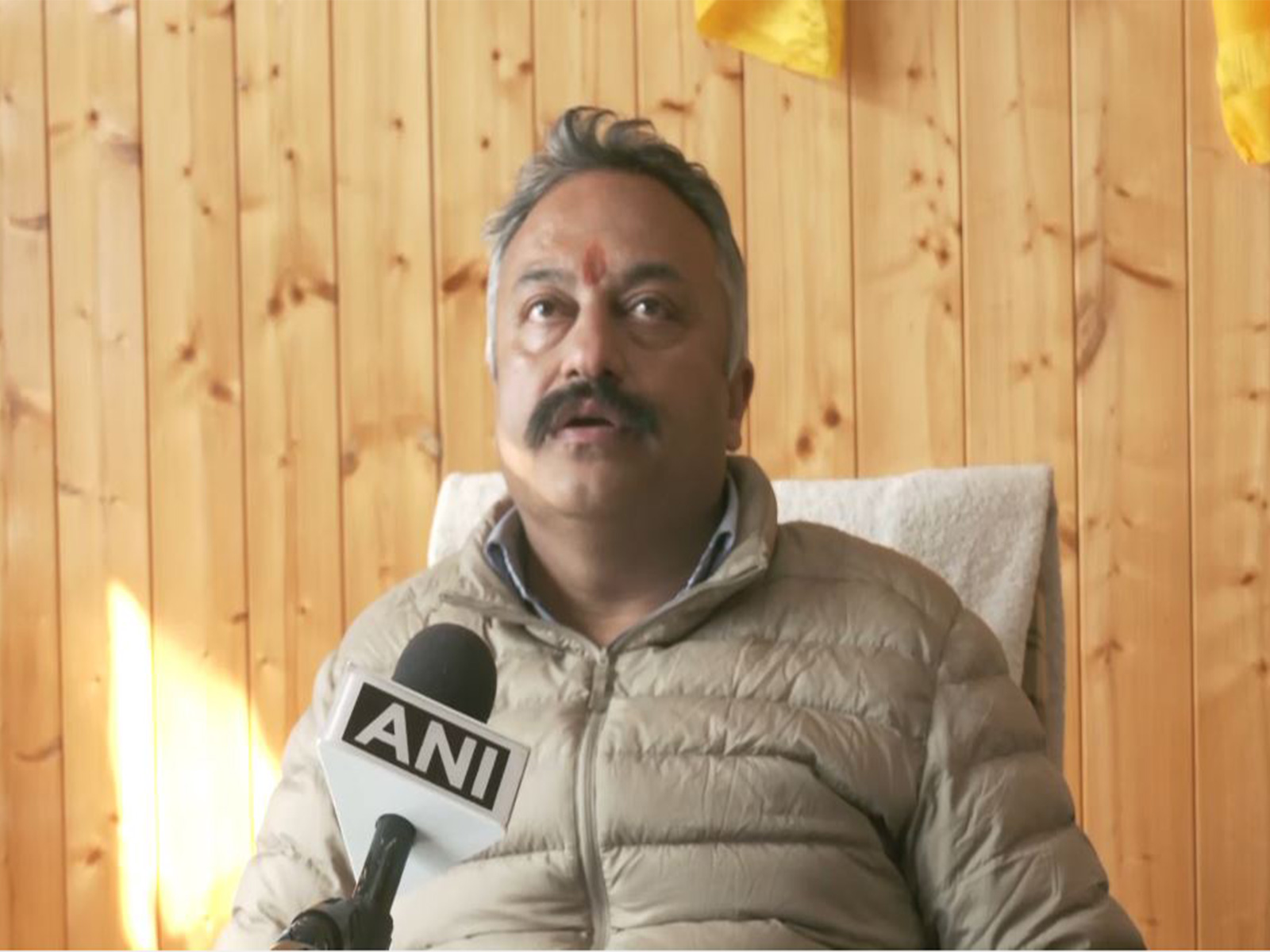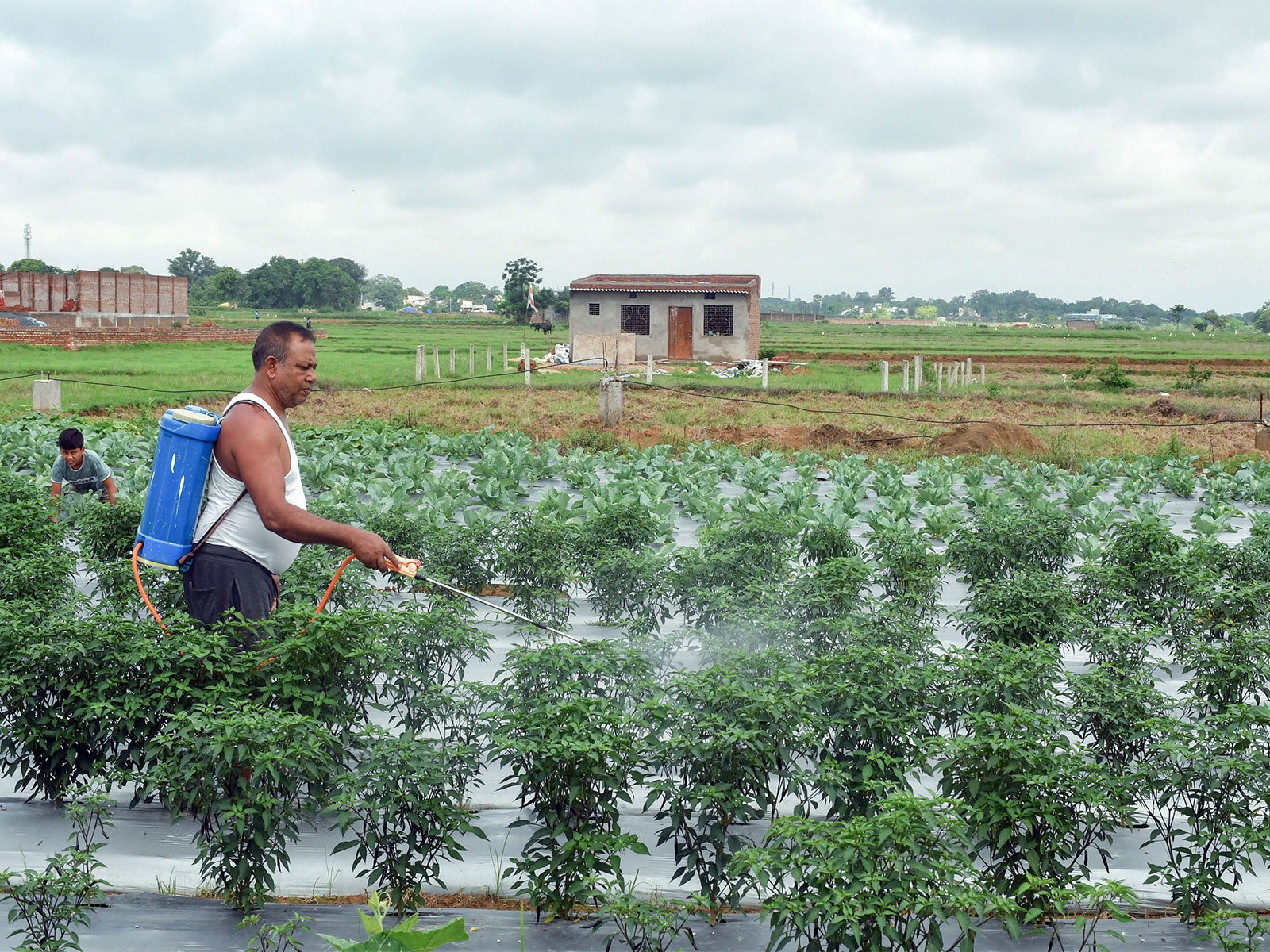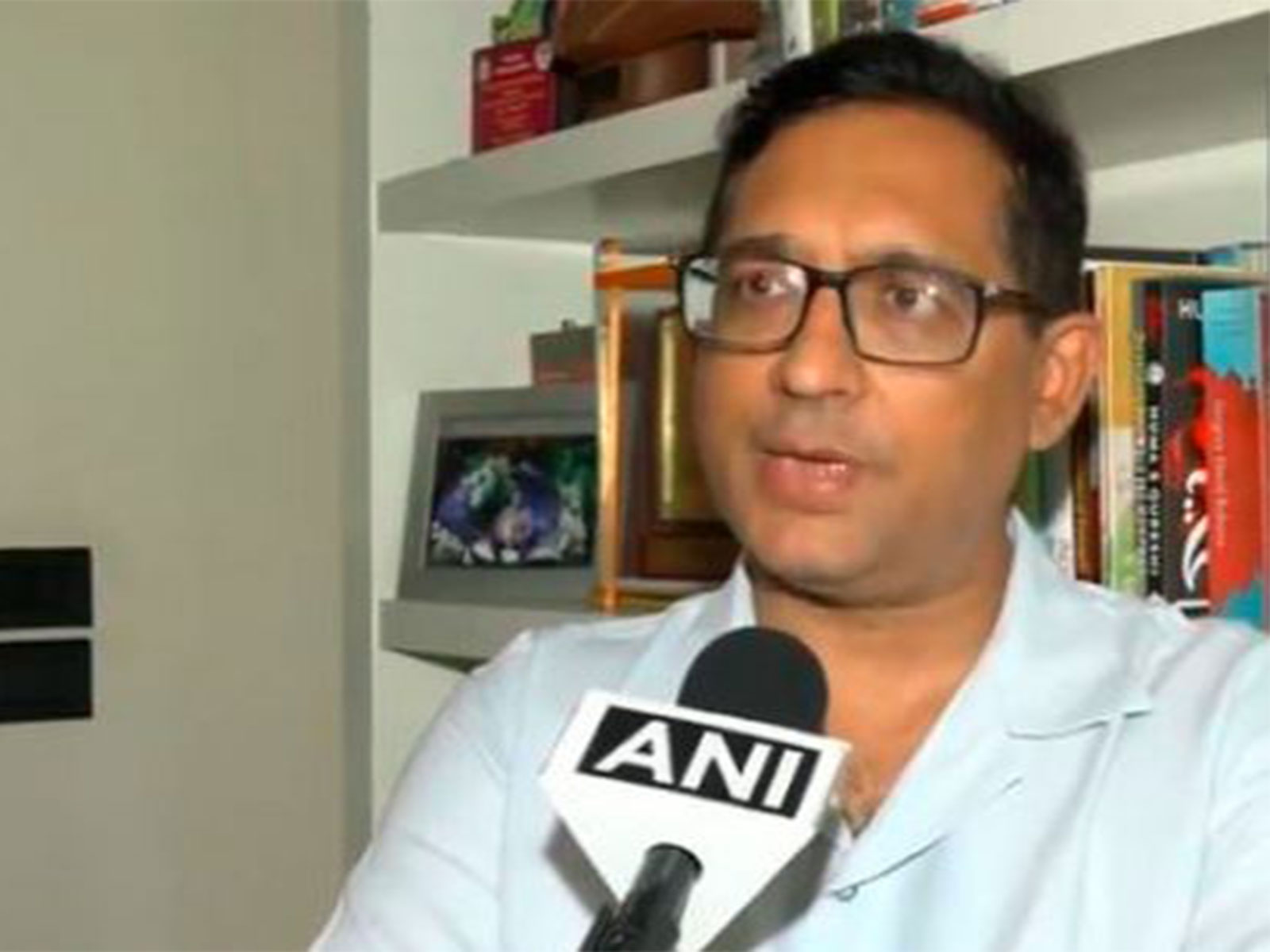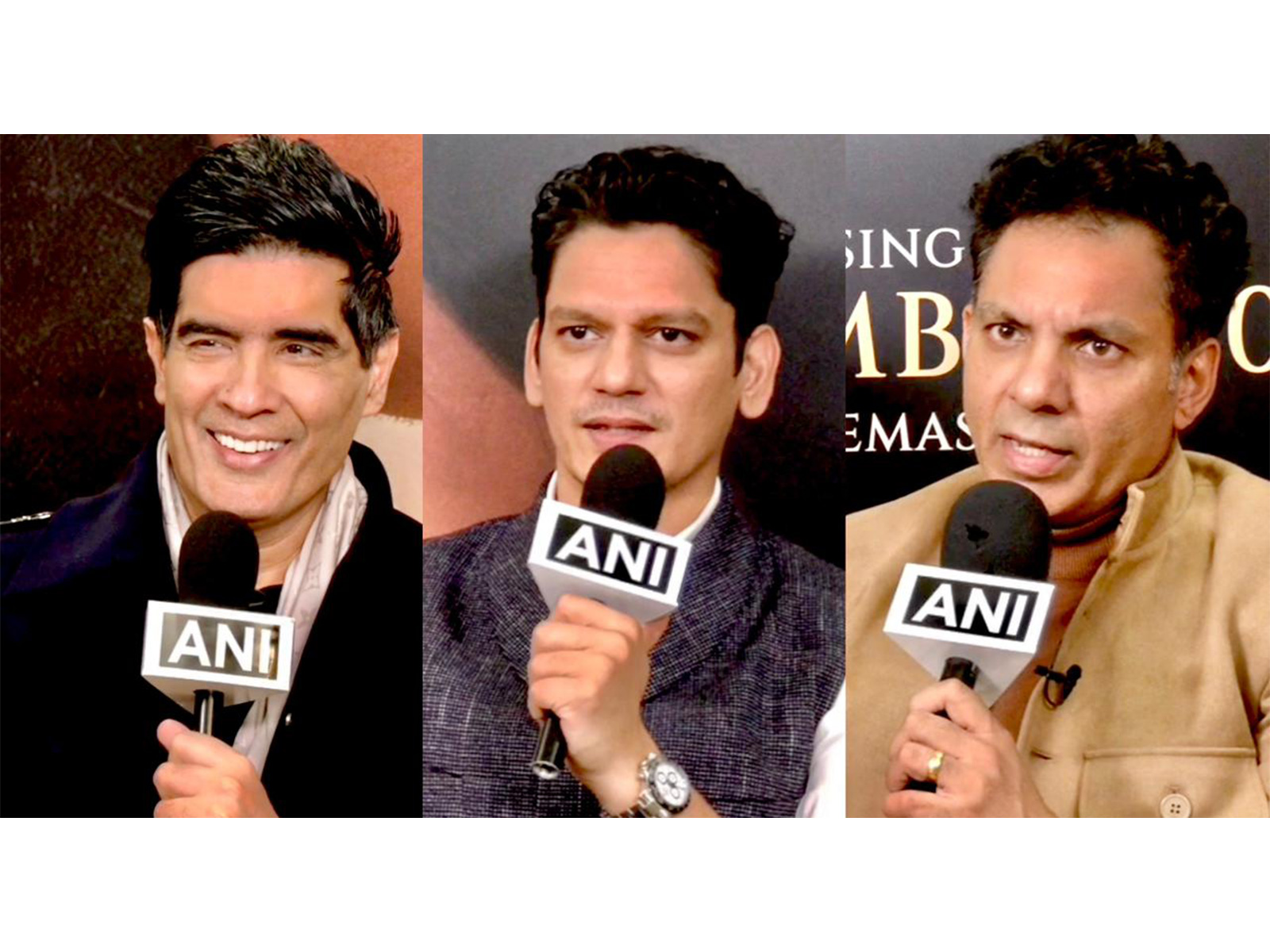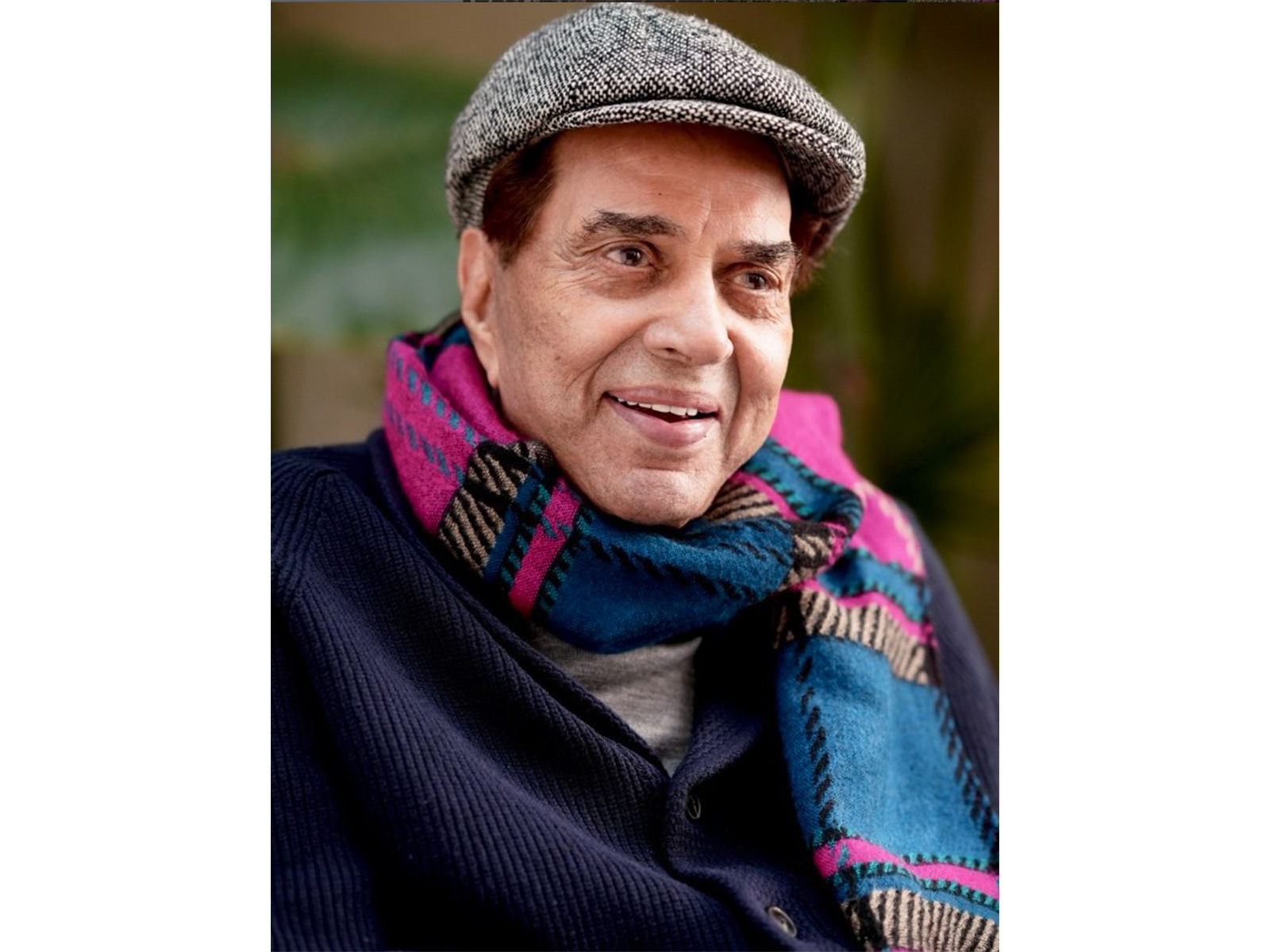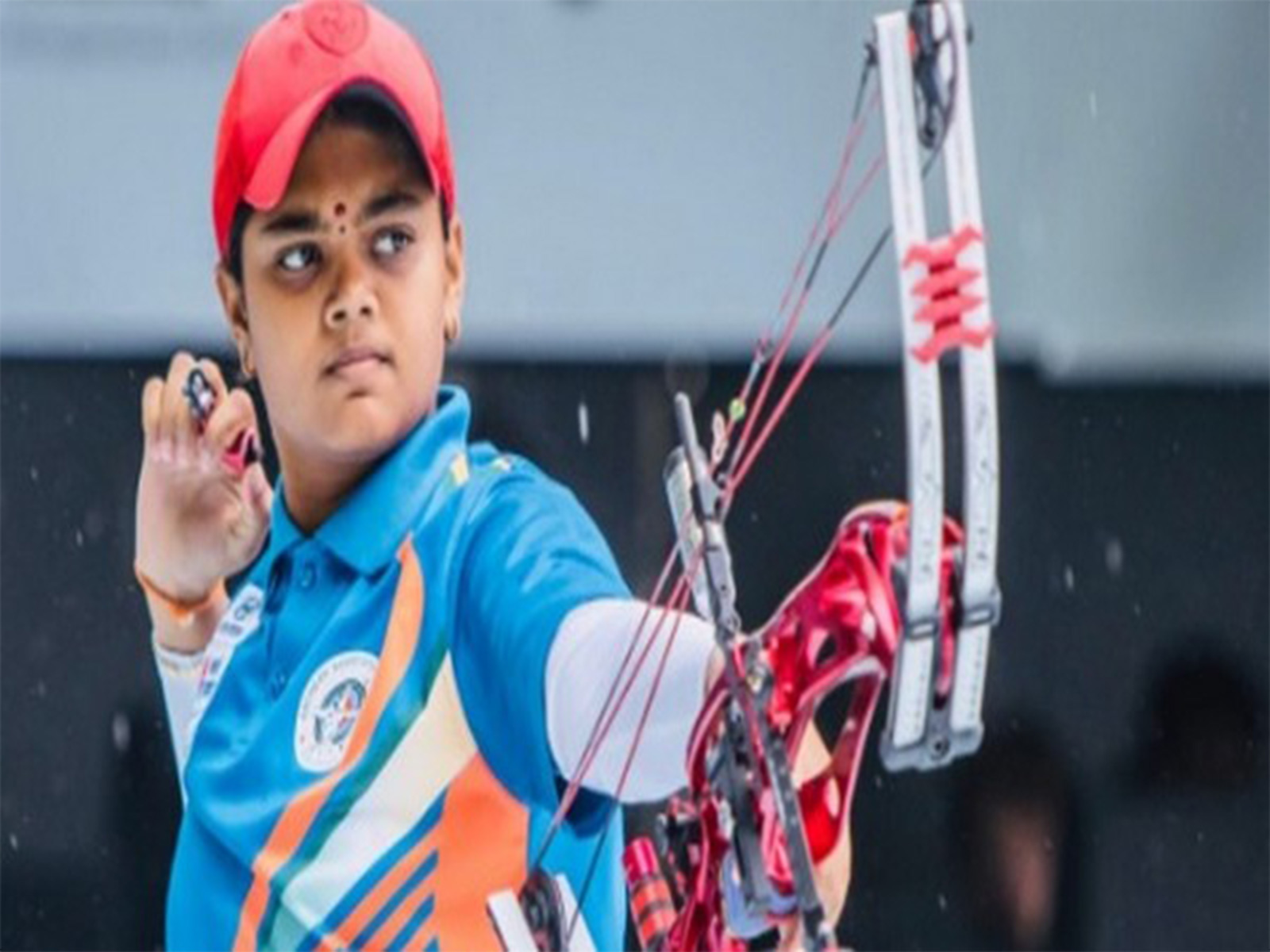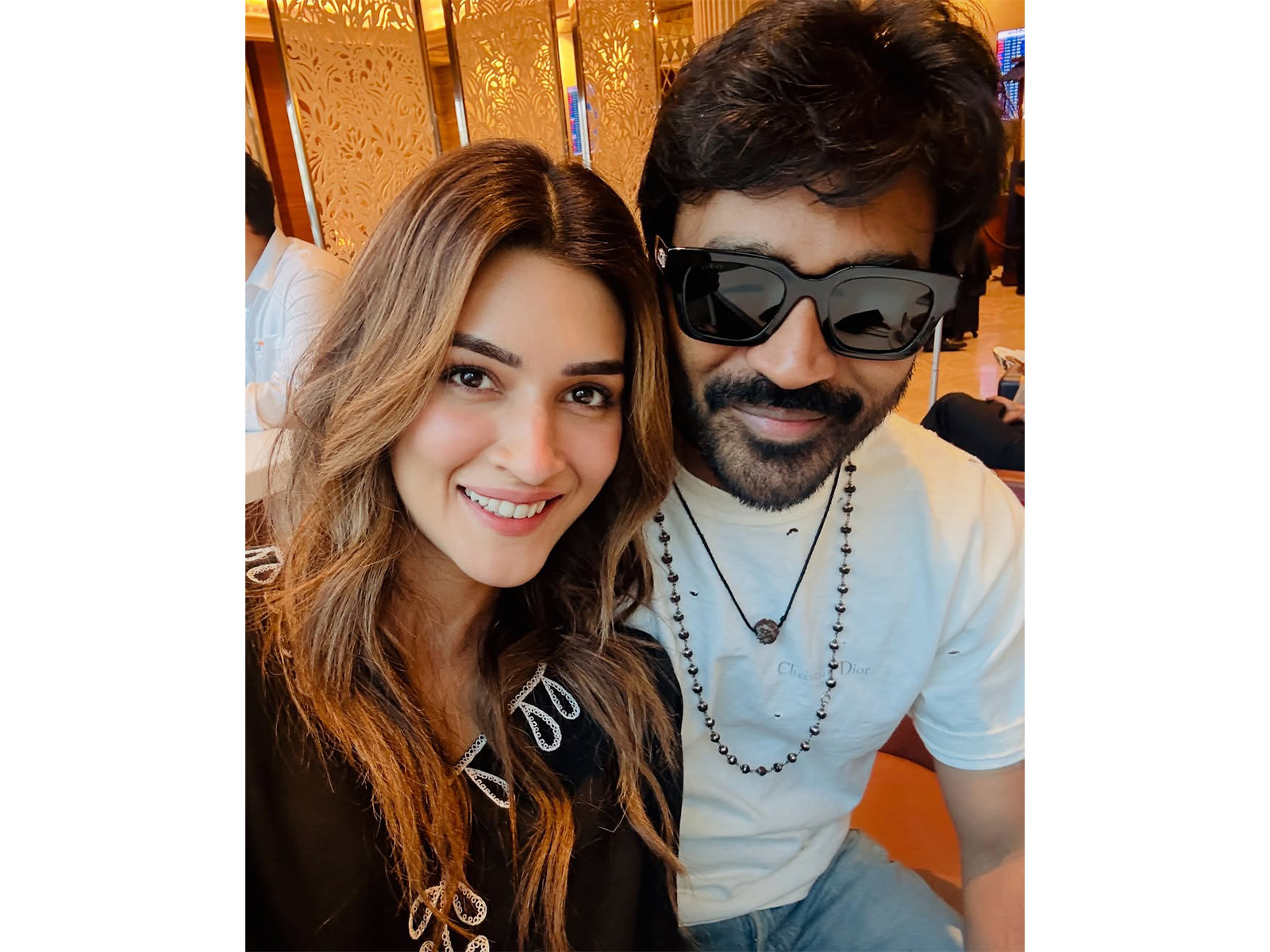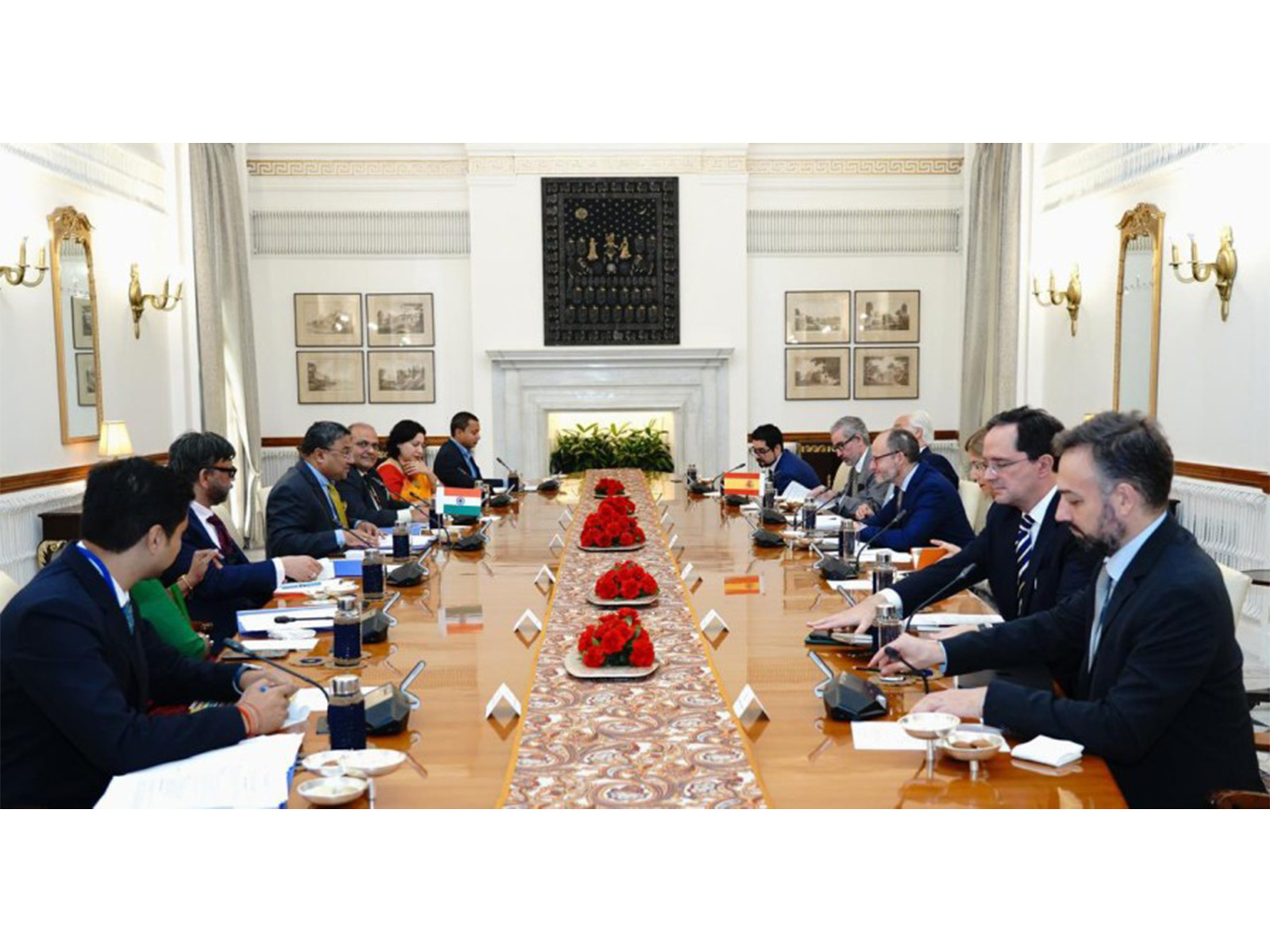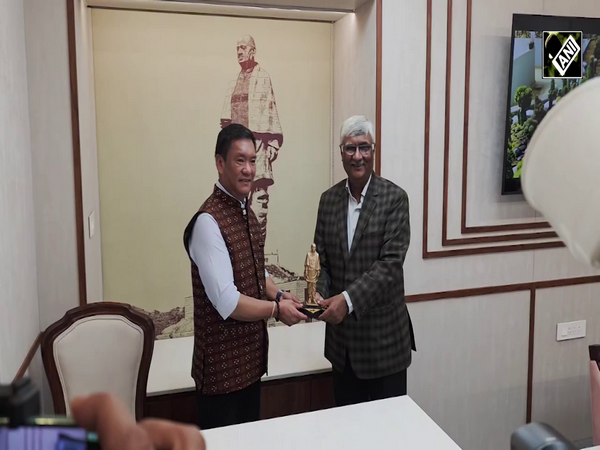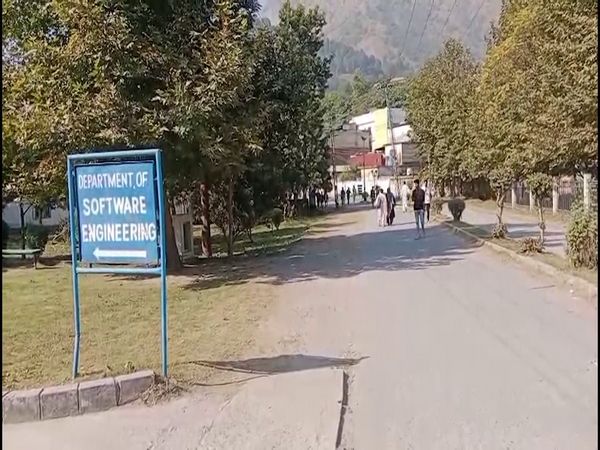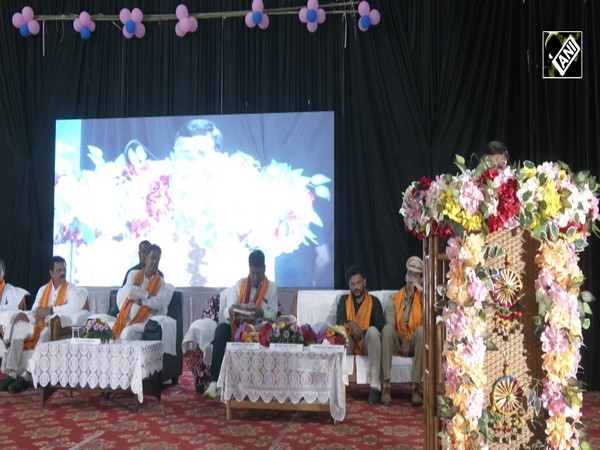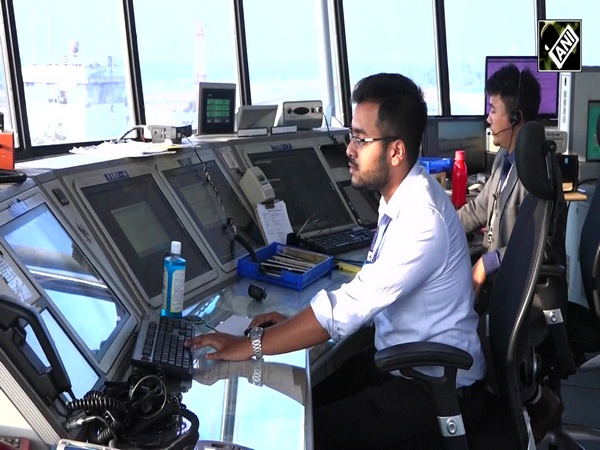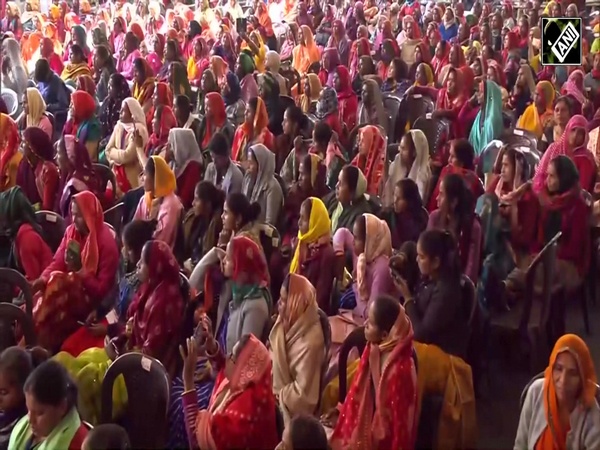ABHA IDs to adoption of rural families: NMC Chairman lists initiatives aimed at improving medical facilities in India
Jul 09, 2024

By Shalini Bharadwaj
New Delhi [India], July 9 : Dr BN Gangadhar, Chairman of the National Medical Commission (NMC), on Tuesday emphasized that his primary focus is on ensuring the highest quality in medical education in India.
Dr Gangadhar stressed the importance of maintaining and enhancing the country's reputation for producing top-quality doctors.
"Quality, quality, and quality. The reason is the best quality doctors have always been produced from our country. It is very important that we make it even better and make sure that quality education equates to India's quality medical education".
Addressing the shortage of faculty in medical institutions, Dr Gangadhar pointed out that attracting individuals to the teaching profession is challenging due to various constraints. He highlighted the need to expand the pool of teachers and ensure that medical colleges have adequate patient populations to facilitate effective learning.
"Non-availability of faculty, people choosing to come to the teaching profession for some reason or the other, whatever it may be, our rules are very constrained, it could be all operating. One of the objectives is to make available a much larger pool of teachers. The second issue is in some of the medical colleges, some impoverishment with respect to patient population, we need to make sure a good number of patients and a good number of teachers," he explained.
In response to a recent RTI revelation that 119 medical students died by suicide over the past five years, Dr. Gangadhar revealed that the NMC has established a task force to study mental health issues and suicide among medical students.
"We have already put in place a National Expert Committee that has gone through the whole thing and has given some recommendations. There are multiple reasons, not just one reason. So it is difficult to say whether all reasons have to be put in place, there are some highly individual-specific reasons and there are also other social reasons like drug use and other problems and addiction. I think we need to address multiple issues," he said.
Dr Gangadhar also emphasized the importance of transparency in the assessment of medical colleges, mentioning the implementation of an Aadhaar-enabled attendance system to ensure accurate records.
"Transparency is very important and it is a major issue with respect to assessments of the colleges, where we have to send experts and they have to make an assessment of the teachers and the patient load that they have got. In government hospitals, patient load is a non-issue. We want colleges to become more responsible in declaring what they have. We have already put in place an Aadhaar-enabled attendance system, which will ensure many things," he noted.
Regarding the use of Unique ABHA IDs for patients, Dr Gangadhar highlighted the move to make patient identification more electronic and reduce instances of fake patients.
"The second thing is patient count which is another area of so-called fake patients. The news we keep reading now and then and the honorable courts also have taken into account that you should do a surprise inspection, not let the college know, etc. We want to make it a little more electronic. We want a unique patient ID to be available. The ABHA ID is a unique ID to every individual. I believe many people are already starting to get the ABHA ID, all that needs to be done is this person should have had an Aadhaar card. So that will authenticate this Aabha ID. So no data of the Aadhaar will come into any of the hospitals the ABHA ID will be good enough for the purpose of identification of the individual. We have already put an initial advisory now a mandate. ABHA ID-related patient data is what is going to be counted for any sufficiency of clinical material purposes," he elaborated.
Dr Gangadhar also announced the introduction of the Family Adoption Programme for medical colleges running MBBS courses, which will require them to submit details on the NMC portal.
"We already have put in what is called a family adoption program. The students from right from day one will adopt five or six families in the rural area. Every college will adopt the village so they will remain adapted and connected to this family for a period of three to four years. And it will lead to a lot of improvements in self-esteem," he said.
The NMC's initiatives aim to improve the quality and transparency of medical education in India while addressing critical issues such as mental health and faculty shortages.
